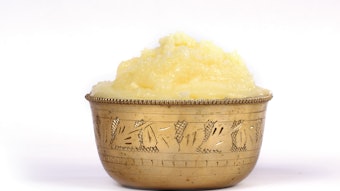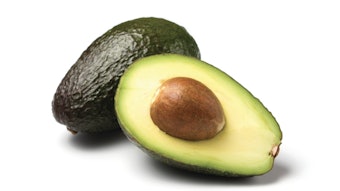Scientists have long sought to learn whether and how stress can lead to skin problems. A new study in mice shows that a stress-triggered hormone could worsen or even cause skin disorders like psoriasis and eczema.
The scientists found that blocking the hormone called glucocorticoid—which increases in stressful times—resulted in better skin.
Understanding how glucocorticoids work could help scientists come up with ways to prevent human skin problems triggered by psychological stress, said lead researcher Kenneth Feingold of the Veterans Affairs Medical Center, San Francisco and the University of California at San Francisco.
"Here you have things going on in your mind that affect what's going on in your skin," Feingold told LiveScience.
The outermost layer of your skin, the epidermis, is composed of dead skin cells, which form a permeability barrier to prevent water loss. Every day tens of thousands of these dead cells slough off as tiny flakes. Typically, cells at the bottom of the epidermis grow, move to the surface and differentiate into skin cells to replace the lost flakes.
Previous research showed that psychological stress decreases cell growth and inhibits differentiation into skin cells.
In the new study, scientists subjected hairless mice to stress while either blocking the production of glucocorticoids or blocking the action of the hormone. Some mice weren't treated at all. The stress was created by placing the mice in small cages in constant light with a radio playing for 48 hours.
The two groups of mice treated with a type of glucocorticoid-blocker showed much better skin function compared with untreated and stressed mice.
While the researchers hope the study will lead to a way to treat people who suffer these skin conditions, there is still a long way to go. Besides needing to test the effect in people, blocking glucocorticoids could have negative side effects that are worse than exacerbations of skin disorders.
The research is detailed in the December issue of the American Journal of Physiology-Regulatory, Integrative and Comparative Physiology.
By Jeanna Bryner, LiveScience Staff Writer, December 7, 2006










